Bangladesh’s interim government has officially banned the Awami League, the country’s oldest political party and the former ruling party of ousted Prime Minister Sheikh Hasina, citing terrorism-related charges and ongoing investigations into deadly crackdowns on protesters, as per Al Jazeera.
The ban was announced late Saturday by Law Affairs Adviser Asif Nazrul, who said the decision was taken under the Anti-Terrorism Act by the interim cabinet led by Nobel Peace Prize laureate Muhammad Yunus.
The prohibition will remain in place until the completion of trials under the International Crimes (Tribunals) Act (ICT Act), which allows for collective charges against political groups. Hasina and senior Awami League leaders are being investigated over the deaths of hundreds of demonstrators during last year’s mass protests, which ultimately led to the collapse of her 15-year rule.
The move follows months of mounting unrest that began with a student-led uprising in July 2024. Demonstrators — including members of the newly formed students’ party and student wings of other political factions like Jamaat-e-Islami — had demanded Hasina’s resignation and an end to what they called authoritarian rule.
The unrest spiraled into violent clashes that, according to a February report from the UN Human Rights Office, claimed as many as 1,400 lives over three weeks. The Awami League’s student affiliate, the Bangladesh Chhatra League, was previously banned in October after being designated a terrorist group for its involvement in violent attacks on protesters.
The government also announced amendments to the ICT Act, allowing trials of political parties as collective entities, not just individuals. Legal analysts say the changes could set a precedent for prosecuting political organizations for crimes committed during their time in power.
While the government claimed the move was necessary for accountability, critics warn it could further divide a politically volatile nation.
“This step undermines the very unity a Truth and Reconciliation Commission was supposed to promote,” said one Dhaka-based political analyst, referring to the body Yunus pledged to establish to guide the country through its transitional period.
Nahid Islam, student leader and convener of the National Citizen Party — which gained prominence during the uprising — praised the ban. “This is a historic moment for Bangladesh. The days of impunity for political violence are over,” she said.
The Awami League, founded in 1949 and historically tied to Bangladesh’s liberation movement, dismissed the decision as illegitimate. In a post on its official Facebook page, the party declared: “All decisions of the illegal government are illegal.”
Sheikh Hasina, now in exile in India since August 2024, has not made any public statements since the announcement. Her residence in Dhaka was stormed by protesters shortly after she fled the country.
Adding to the shifting political landscape, former Prime Minister Khaleda Zia returned to Bangladesh earlier this month following medical treatment in London. Her return is widely seen as a challenge to the interim government, as public calls grow for a clear timetable for national elections.
Interim leader Yunus, who took office in August 2024 with promises of sweeping democratic reforms, has stated that elections may be delayed until 2026 to ensure stability and institutional rebuilding.
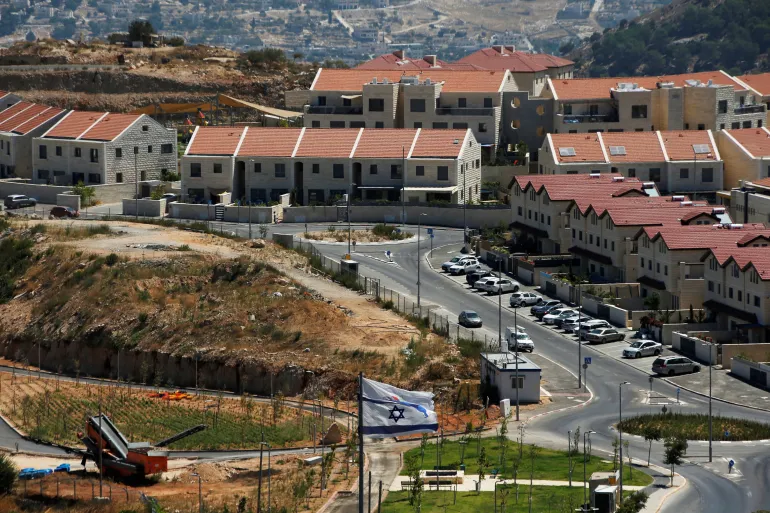
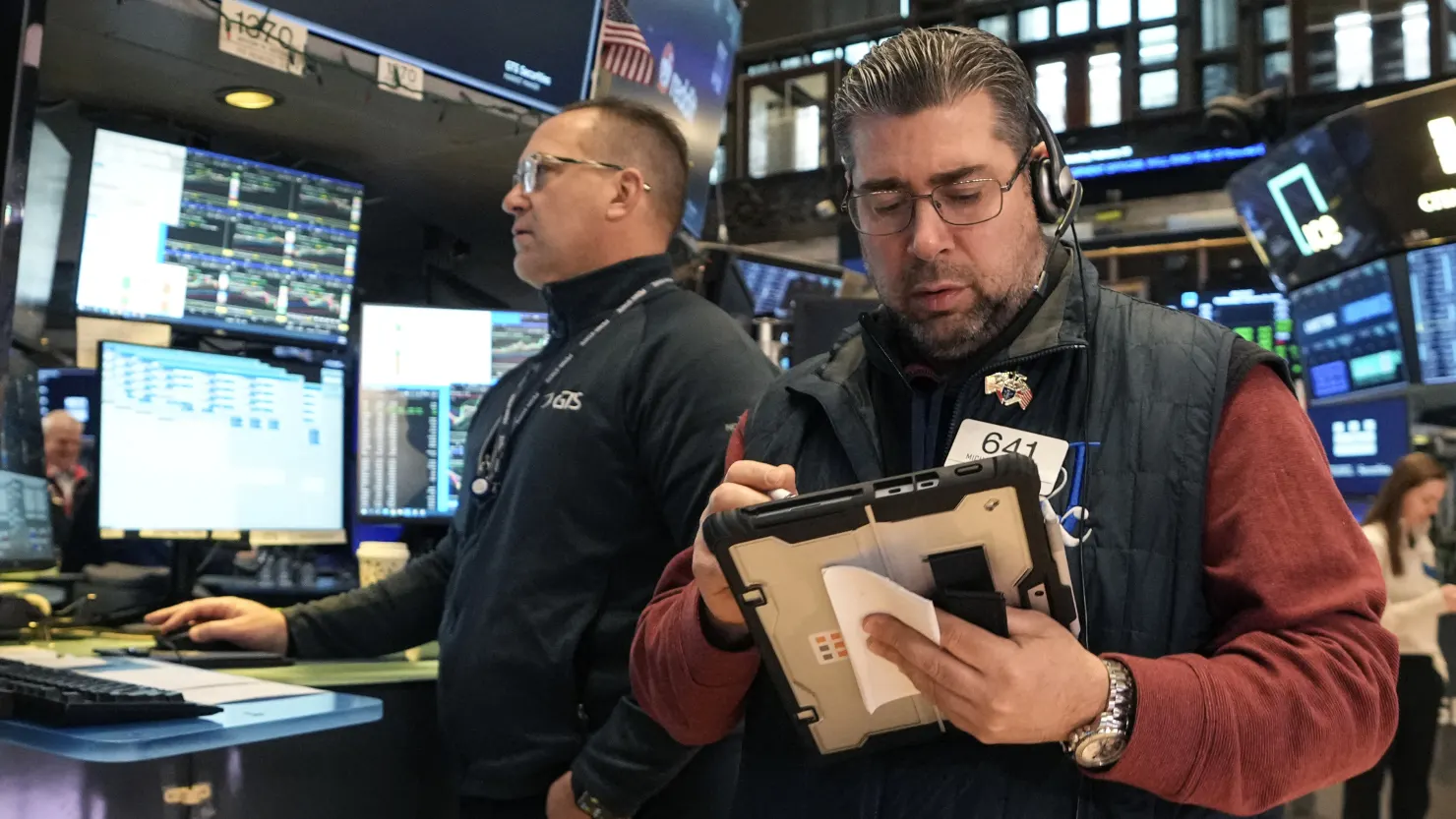
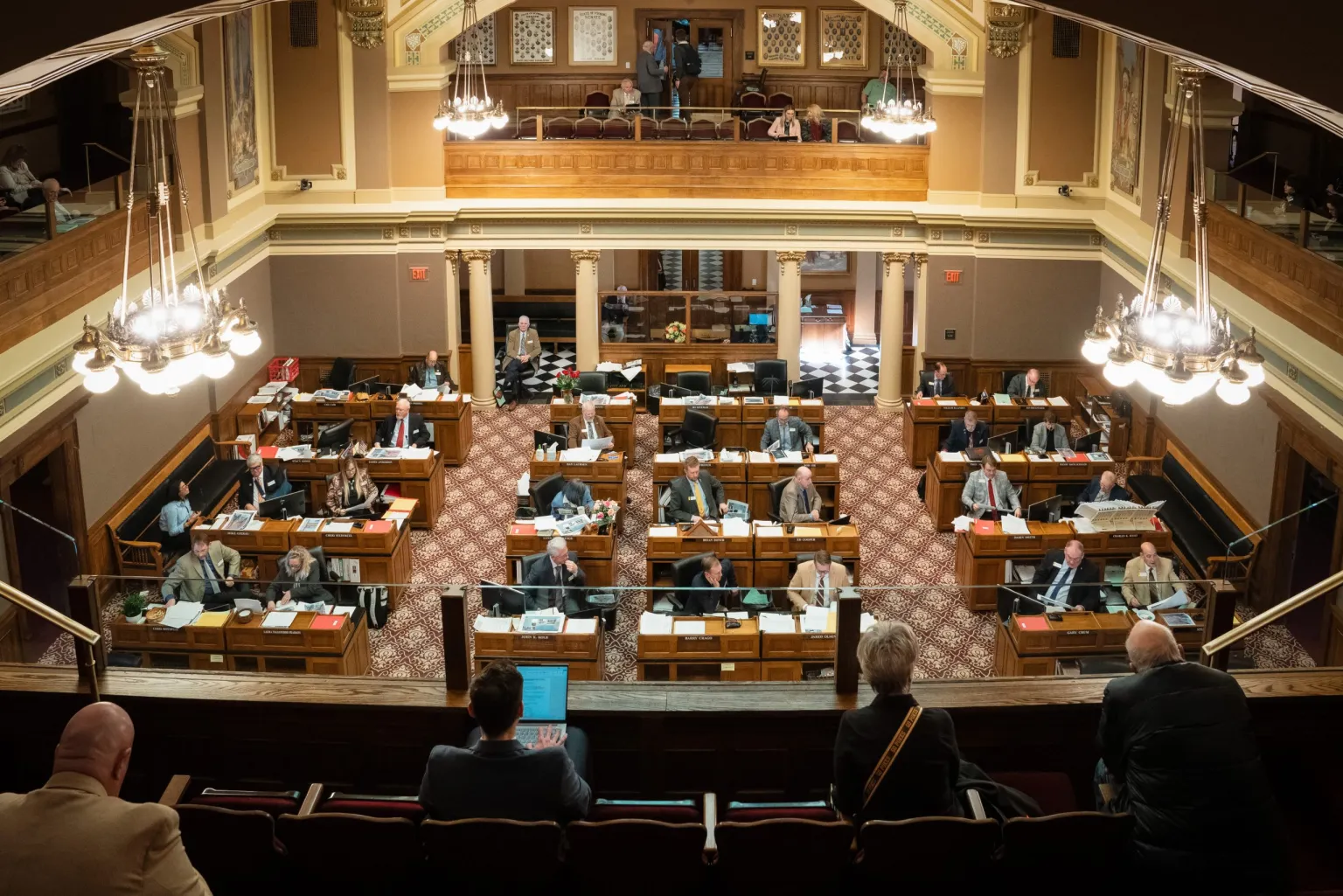
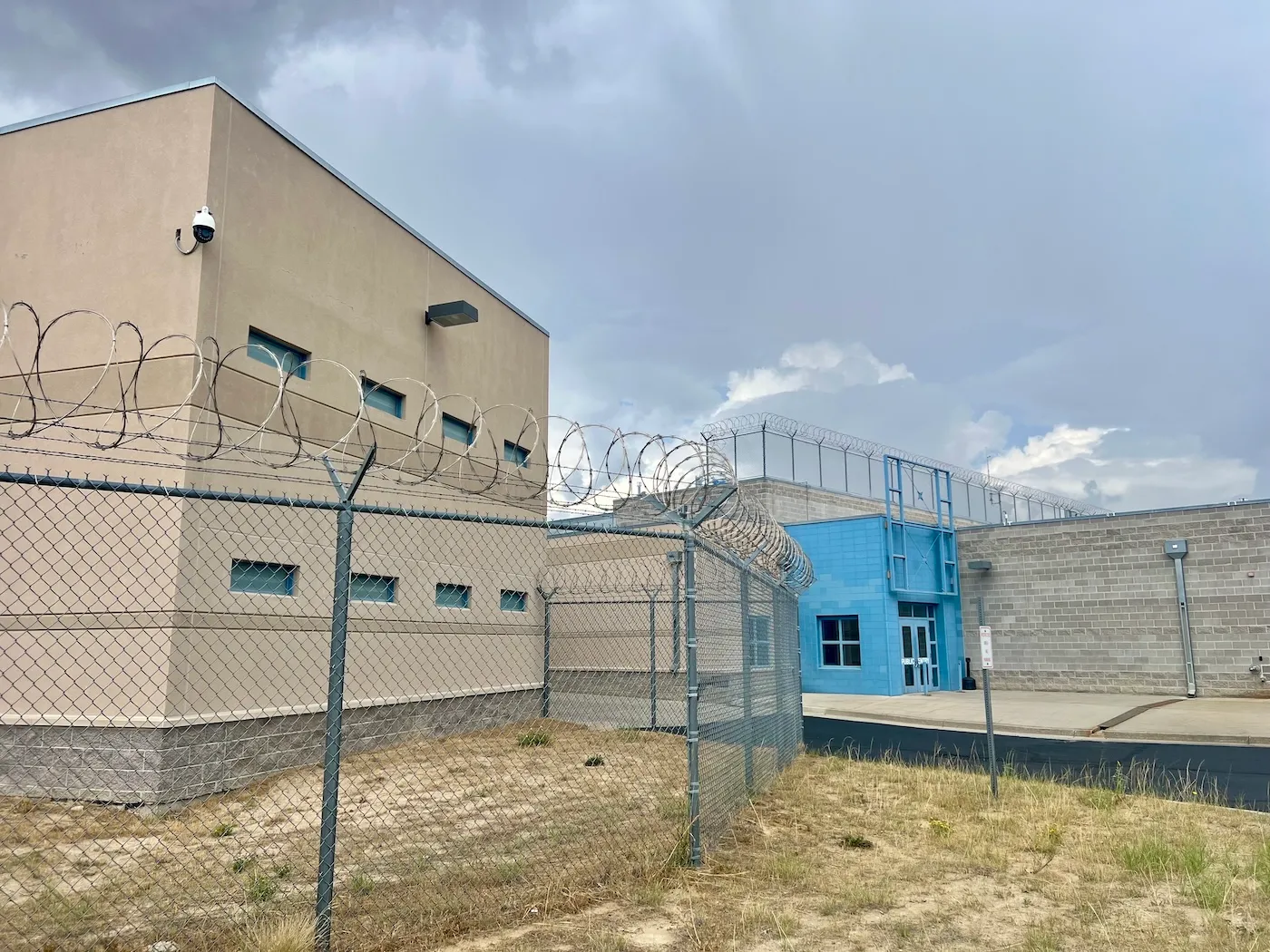
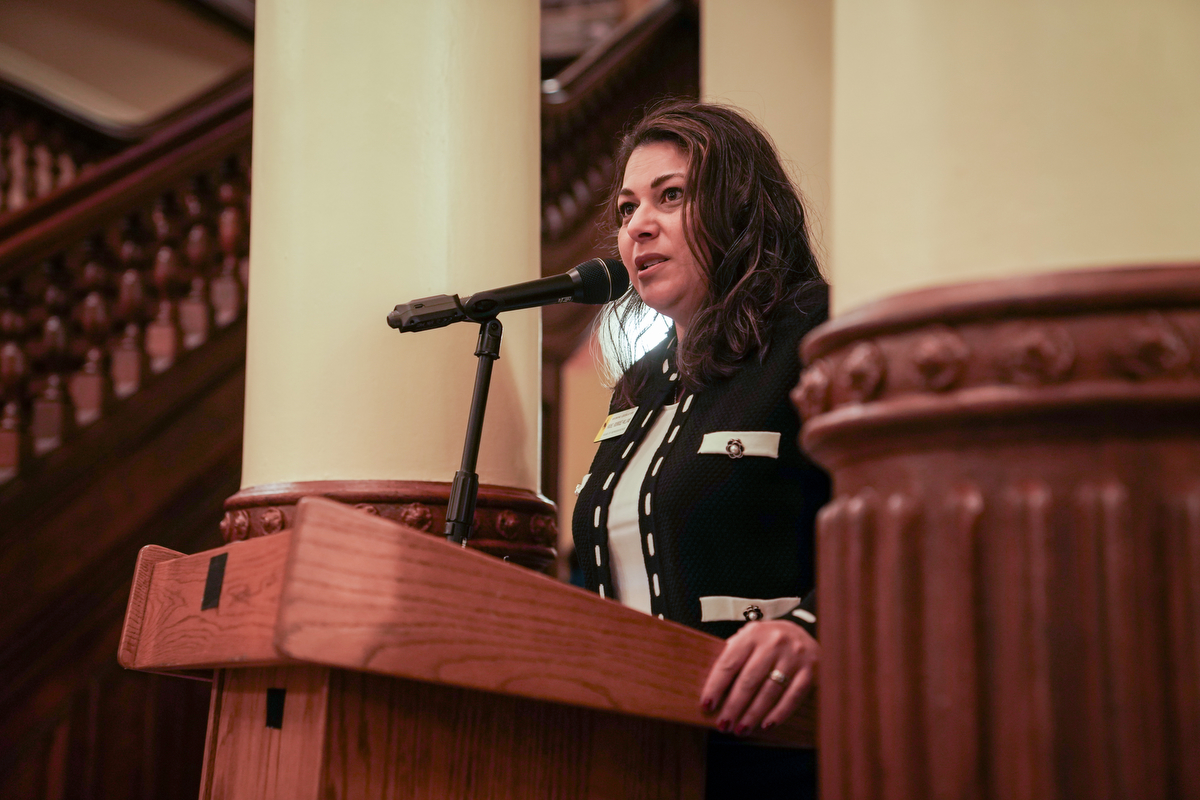
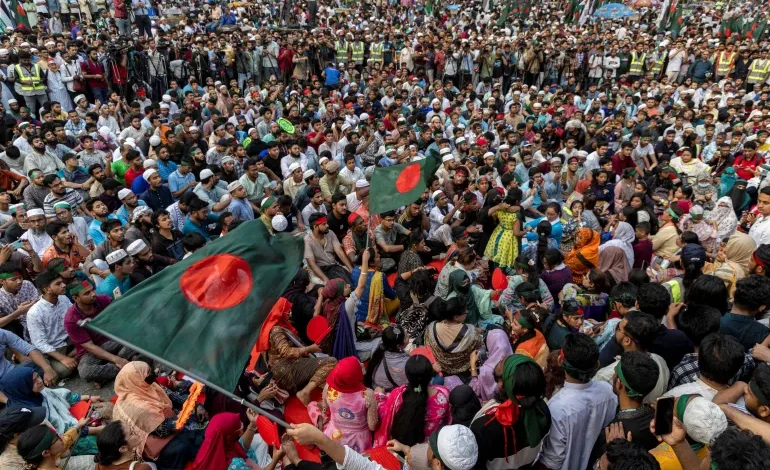




The latest news in your social feeds
Subscribe to our social media platforms to stay tuned